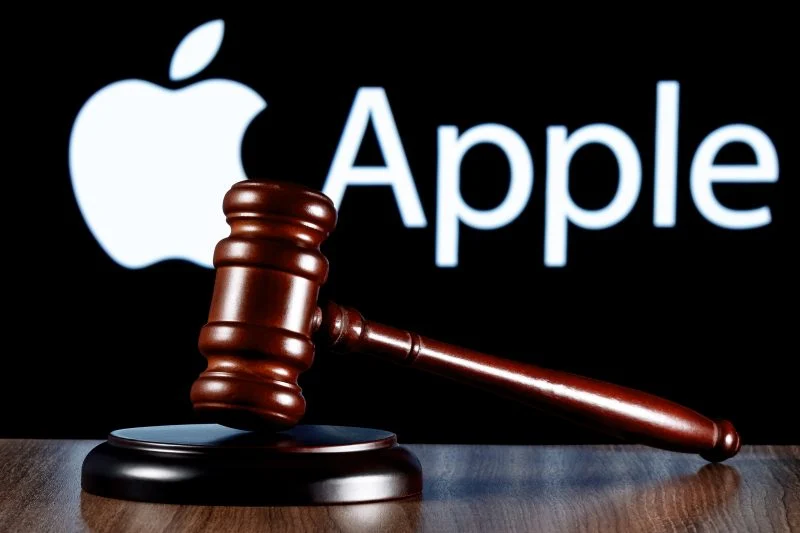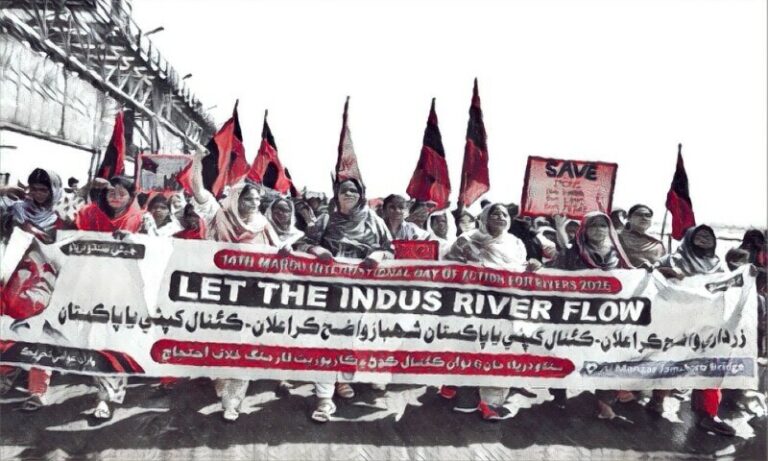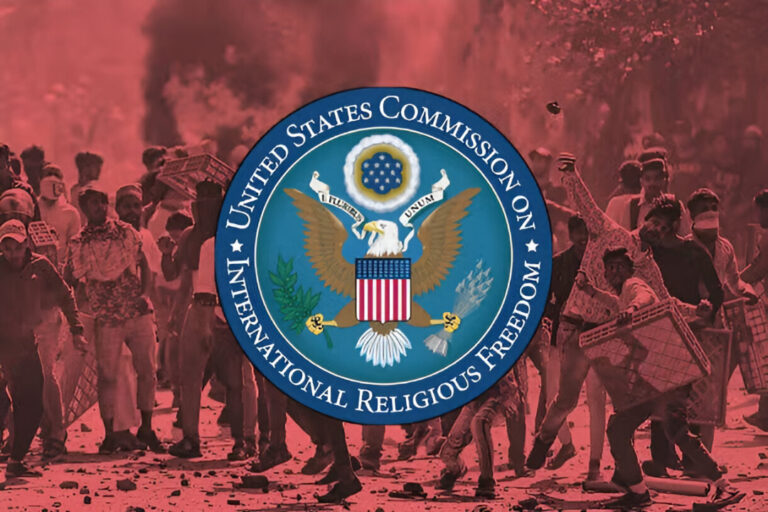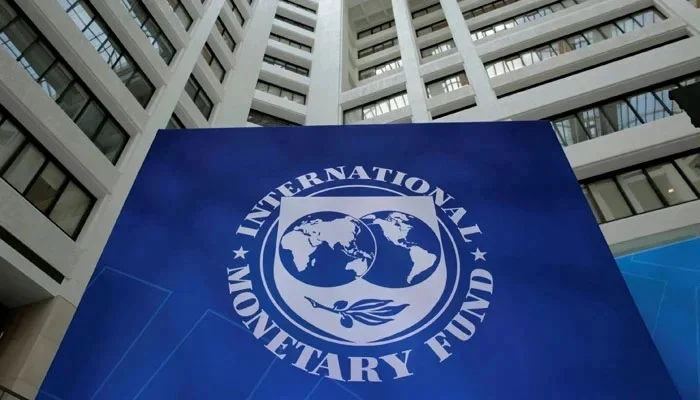The Democratic Republic of Congo (DRC) has filed criminal complaints against Apple in France and Belgium. The complaints accuse the tech giant of sourcing “blood minerals” from conflict zones. According to the allegations, Apple’s supply chain relies on minerals from areas controlled by armed groups in eastern Congo. The DRC claims this practice fuels violence, human rights abuses, and exploitation in the region.
DR Congo Targets Apple’s Supply Chain
The complaints focus on minerals like cobalt, tantalum, tungsten, and tin, which are essential for electronic devices. Lawyers representing the DRC allege that Apple indirectly supports armed groups. These groups reportedly control mines, exploit workers, and profit from resource extraction, destabilizing the region further.
By filing complaints in France and Belgium, the DRC aims to hold Apple accountable under European laws. These laws require companies to ensure supply chain transparency and respect for human rights. The accusations that Apple blood minerals fuel armed conflicts are central to this case.
Apple’s Ethical Sourcing Claims Under Fire
Apple has not commented on the new allegations. In 2023, the company assured U.S. authorities it had measures to eliminate conflict minerals from its supply chain. However, the DRC argues that Apple’s efforts are insufficient. Significant gaps, it claims, allow unethical practices to continue.
Potential Fallout for Apple and the Tech Industry
The case could have serious consequences for Apple and the tech industry as a whole. These industries rely heavily on minerals sourced from the DRC. If proven true, the allegations may lead to legal penalties, stricter scrutiny, and reputational damage for Apple.
The controversy also renews focus on ethical issues in electronics production. Advocacy groups criticize tech companies for failing to address exploitation in their supply chains. The case highlights the urgent need for transparency and responsible sourcing across the industry.
A Global Push for Corporate Accountability
The DRC’s legal action reflects a growing global push for corporate accountability. European laws like France’s Corporate Duty of Vigilance Law require companies to prevent human rights abuses in their operations and supply chains.
Consumer awareness of ethical sourcing is also increasing. As a result, companies like Apple face mounting pressure to adopt transparent and sustainable practices. Failing to act could result in both legal and reputational consequences.
Next Steps in the Legal Battle
As the case moves forward, Apple and other tech giants may need to reassess their sourcing strategies. For the DRC, this legal battle is part of a broader effort to protect its resources and end exploitation. The case’s outcome could set a precedent. It may push global companies to prioritize ethical practices and reduce reliance on Apple blood minerals.















